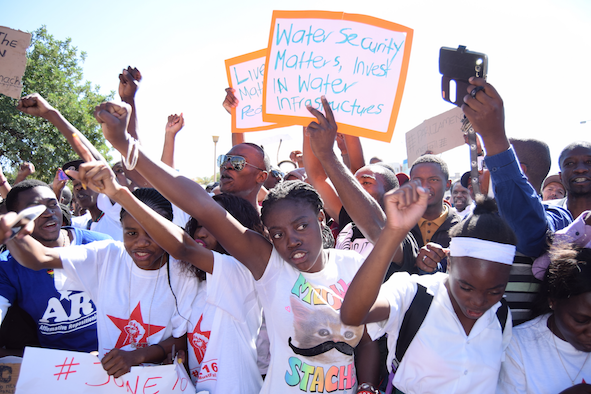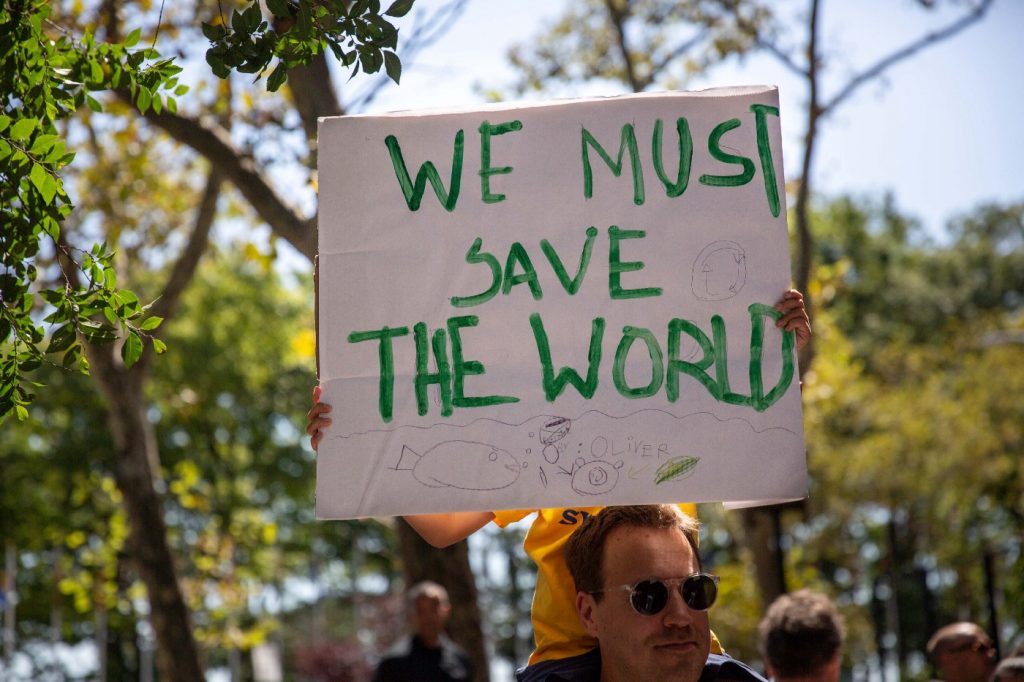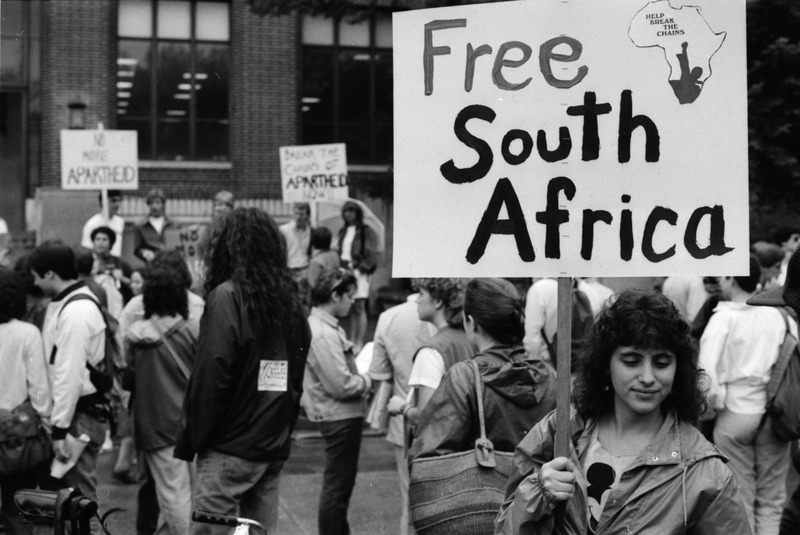Is it really so radical to believe that every human being, no matter the color of their skin or where they come from, deserves to be treated with kindness and respect? That they deserve safety, happiness, sustenance, and access to good, equal opportunities like education?
Well, over time, the word radical has come to mean so many different things to so many different people. Therefore, it’s difficult to come forward with one true meaning to the word. It’s as ever-changing as the world we live in.

What does radical mean?
Radical, in terms of activism, relates to or affects the root or fundamental nature of something. It’s the most far-reaching, thorough method of advocacy possible.
The meaning of the word is ever-changing. Because what was once considered a crazy, radical at some point in time, will make perfect sense at another time and would be considered a basic idea.

What is considered radical?
A radical person deviates from the norm. And holds views on a matter that others may deem as crazy, extreme or impossible to achieve. Whether or not someone or what they stand for is “radical” completely depends on which side of the matter you view it from.
Back in the day, the forefathers of Namibian independence were radical for fighting colonialism and rejecting any other leadership by outsiders over the country. But today, their idea of freedom is so basic that the word radical would not come into play when describing their bravery.
On the other side of the coin, the colonizers held a radical stance for wanting to control the land. Which was seeing the indigenous people as less-than. Or their way of reducing fellow human beings to poverty from whose labor they could draw profit.
Is being radical a bad thing?
Being radical is not an inherently good or bad thing. However, throughout history, we can see that the radical forms of advocacy were often the most effective. Namely, Nelson Mandela tackling institutionalized racism, Hendrik Witbooi uniting Namibian tribes against the colonizers, Rosa Parks boycotting racist transport services in America… all were successful in the end.

It’s important to know that there’s a huge difference between being radical and being extremist. Essentially, radicals want to get to the root of a problem and bring about change from that point. Instead of only addressing the superficial effects of the problem.
It’s about abolition, not reform.
What about the negative aspects?
Many radical activists throughout history, no matter how successful in reaching their goal, have faced terrible backlash for fighting against oppressive structures. And to top it off, their modern followers still face the same treatment today. The hardest part about being radical is that those in power wish you were not.
To the wrong people, it’s dangerous when a group of radicals get together. That’s how a revolution starts.
Is radical advocacy the way forward?
You can’t deny the effectiveness of solving a problem from its root — the clear effectuality of reform. Change does not always come from compromise or conflict resolution.
The success of advocacy strongly depends on the thoroughness with which the advocates researched the issues, the opposition, and the climate of opinion about the issue in the community. The next step is the thoroughness with which the problem is tackled and resolved. That is what radical advocacy is all about.

So, is it really that radical to want sanitary pads to be free for all? What’s so radical about workers demanding a paycheck they can actually live off of? To stop using plastic bags in grocery stores?
If believing these things makes you a radical, then so be it. Wear your radicalism as a badge of honor because one day we can look back on it and the word radical won’t apply anymore.






Do you take comments and not post them? Where are they?
Hey Justin. We first have to approve comments before they appear on the site. You should be seeing yours now.